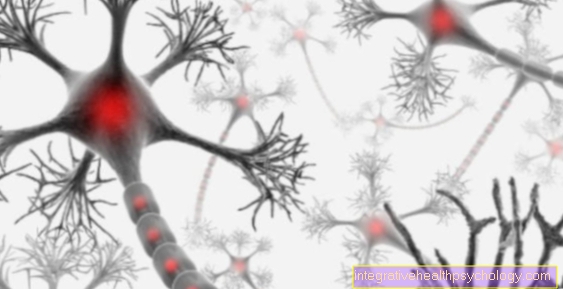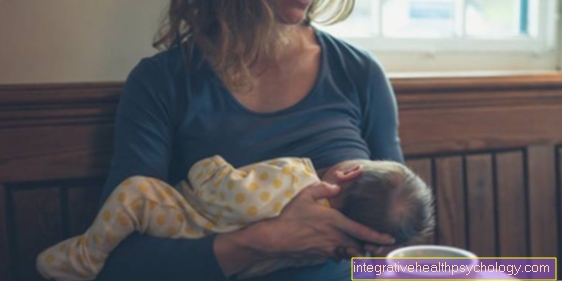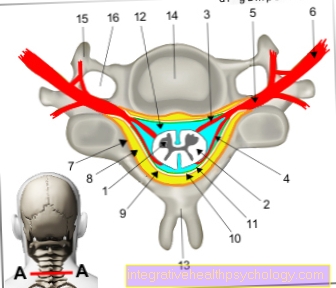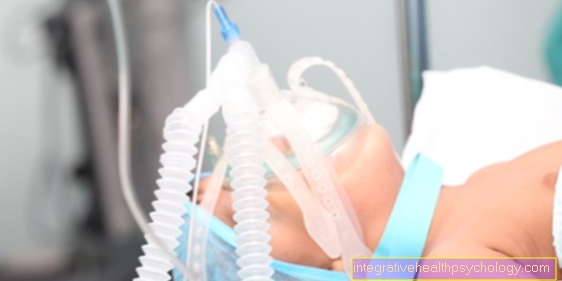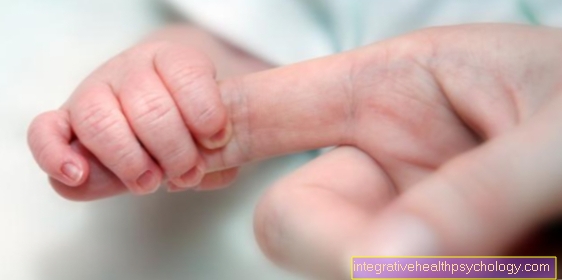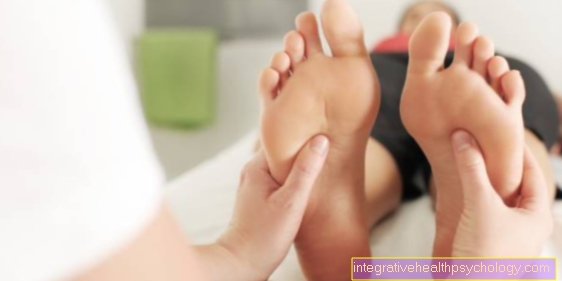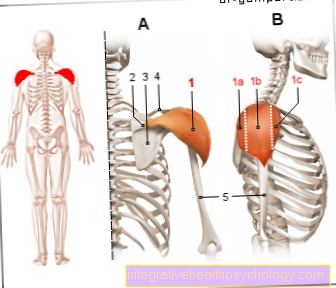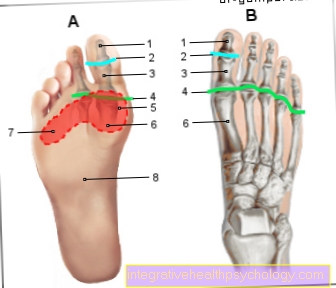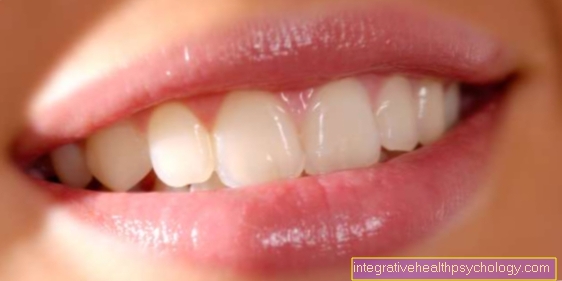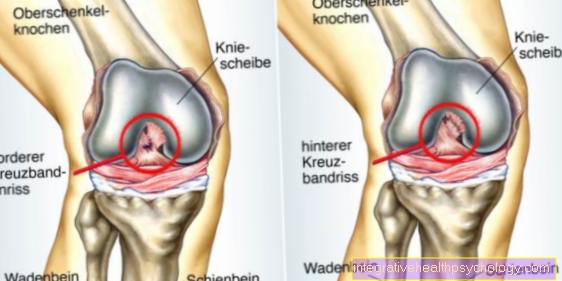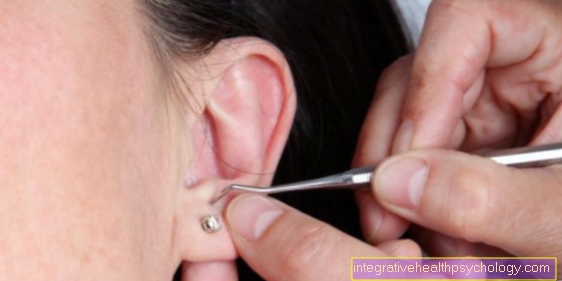Educational assistance
What is an educational aid?
Educational assistance is understood to mean state services provided by child and youth welfare (mostly through the youth welfare offices), which can be provided in both inpatient and outpatient form. Entitlement to these benefits exists if the well-being of the child or young person is not guaranteed in terms of upbringing and help is necessary. The educational aids therefore relate to educational or therapeutic services.
Read more about these topics: Educational goals, behavioral problems in children and educational advice

How can I get parental aid?
Educational assistance is a voluntary service provided by the state. There are various problem areas or life situations in which the use of a parenting aid is recommended.
Families with the following problems or similar difficulties can count on the approval of educational assistance from the youth welfare office. Such conflicts / problems include a massive difficulty in coping with life for the parents. Furthermore, family problems, for example serious conflicts between parents and children or the children running away from home, can lead to the use of educational assistance, as can a lack of social skills on the part of both parents and children. In addition, relationship problems, which can lead to behavioral problems, can also demand the services of the educational assistance. Problems that do not occur directly between the parents and the children or adolescents can also justify educational assistance. This includes, for example, refusal to attend school, learning and performance disorders, crime, as well as drug use and addiction problems.
Also read the article: The parent counseling.
Who bears the costs of childcare assistance?
Educational assistance is not only voluntary for the beneficiary, but also free of charge. It is irrelevant what kind of educational aid it is, this can also be done as an inpatient. In Germany, the costs are borne by the state through the youth welfare offices. These provide the services themselves or take over the costs of services that arise in other facilities.
You can read detailed information on this topic in the next article: Educational assistance
How do I apply for childcare assistance?
Parents who want to find out more about childcare assistance can do so free of charge and without obligation at the youth welfare office in their city or district. There you will be advised by specialist staff. If you want to make use of childcare assistance, an application for assistance with parenting must be submitted to the youth welfare office by the person who has custody. You can obtain the necessary information and forms with which you can apply from the youth welfare office. When making the application, it is important to fill in everything correctly and to write a clear and detailed justification.
Our next article could also be of interest to you: Care for children and babies - what are they available?
What does an educational aid look like?
There are many different forms of educational assistance, ranging from outpatient to semi-inpatient to inpatient.
If the family has such great problems that the children have to leave the family for a while, they are placed in an inpatient facility. This can be home placement. The children stay there day and night with pedagogical care and mostly live in smaller residential groups. Furthermore, there is the possibility of temporarily or permanently placing children in a foster family. The foster family is particularly chosen for babies and toddlers up to 6 years of age, as they require intensive care. Another inpatient help is the intensive socio-pedagogical individual help, in which older young people are accompanied in their own apartment.
Partly inpatient assistance is usually a day group. The children and adolescents live at home like with outpatient help, but spend the afternoon after school on weekdays in a group that receives educational support. During the time in the group, the children often get a meal, are accompanied with their homework or when playing with other children.
In the case of outpatient childcare assistance, support is provided within the family, who remain at their place of residence. The focus can be on individual work with the child or young person. This is done by providing a person of trust for the child. In addition, the parents are advised (parenting advice), group work can take place or family discussions can take place. The outpatient help can also take the form of a school accompaniment.
Another topic could also be of interest to you: Child-raising time - what should you consider?
What successes can be expected?
Through the educational assistance, the beneficiary is to be encouraged in his development and upbringing in order to develop an independent personality. Accordingly, a success that can be expected is that the children and young people learn to recognize and use their strengths and abilities with educational assistance. The educational aids try to improve the living conditions of the children or young people in the families. As a rule, this also succeeds, so that the improved living situation in the family not only makes the child more socially acceptable, but also happier and more relaxed. In addition, educational assistance can also bring about an improvement in school.
Only in a few exceptions is it not possible to bring about a change in agreement with the parents. If this is the case and the child or young person is at risk, this can lead to the family court separating parents and children.
You might also be interested in this article: Intercultural education
Recommendations from the editorial team
Other topics could also be of interest to you:
- Causes of behavioral problems
- Causes of ADHD
- Learning problems
- raising children
- Authoritative upbringing
- ADHD
- ADS
- Defiance phase






